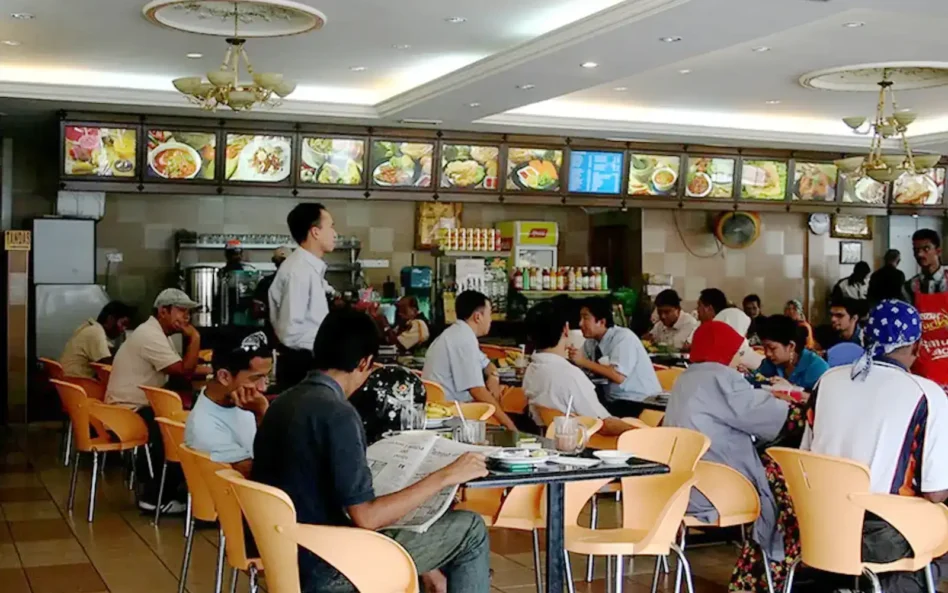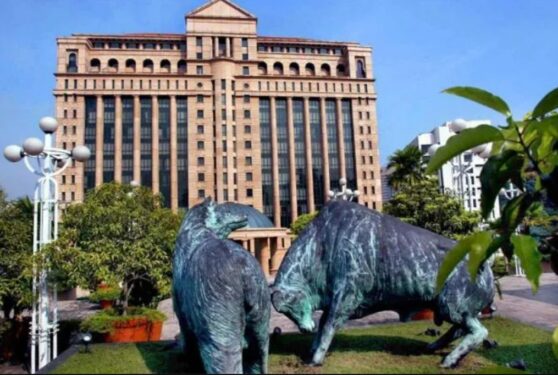By Xavier Kong
THE Malaysia Automotive, Robotics and IoT Institute (MARii) estimates that a total industry volume (TIV) of at least 500,000 units is needed in order to ensure that automotive businesses do not fall into a crisis.
This is based on a study by MARii on the impact of the Covid-19 outbreak on the automotive sector, and the subsequent Movement Control Order (MCO) to curb the spread of the pandemic.
The study found that the closure of automotive manufacturers, suppliers, service centres and dealerships have resulted in a virtual halt to the auto sector, particularly in the manufacturing of vehicles and components.
“Based on a study conducted by MARii, the closures of factories and sales outlets during the MCO will result in an estimated 28% drop in TIV by the end of 2020 if no measures are taken to resuscitate consumer spending in the sector,” said MARii CEO Datuk Madani Sahari.
As it stands, Madani noted, 2020 is no longer a year of profit for the auto sector but one of survival.
“While it is understandable that consumer sentiment remains cautious due to the current economic challenges, we must also understand that the economy’s sustainability is dependent on consumer spending,” he stressed.
In the past, temporary measures have shown increases in vehicle purchases, with one example being the tax holiday previously which saw a 3.8% increase in vehicle sales year-on-year.
Innovative incentives can be introduced to lower buyers’ commitment to owning a car, with examples being a temporary hiatus on down payments (100% loan on vehicle), reduced loan interest rates and joint subsidies between carmakers and the government for road tax and insurance for a limited time period, said Madani.
“A combination of those incentives will lighten the burden of buying a car but will not affect purchasing power as there will be a negligible difference between the monthly repayment amount for car buyers at any level or segment,” he added.
Other innovative mechanisms could also be introduced, such as “subscription style ownership,” where a car is leased based on certain conditions from the carmaker, with the car is still owned and maintained by the original equipment manufacturer (OEM), for a period of time before ownership is transferred to the buyer.
For owners of very old vehicles, voluntary scrap incentives by the carmaker can also be made an option, where the main benefit is a newer, safer vehicle with the latest technology for the buyer.
“MARii believes that it is important to stimulate demand through the introduction of incentives to reduce consumer anxiety and address their concerns in purchasing vehicles, especially when they need to purchase new vehicles for their daily routines,” said Madani.
He notes that there are currently 27 OEMs operating in Malaysia, with 641 parts and components suppliers depending on continued economic activity along the automotive value chain. The automotive sector employs around 700,000 people and makes up a significant portion of the manufacturing sector in the country.
According to a survey by the Department of Statistics, 30% of the manufacturing sector’s workforce has been impacted by the Covid-19 economic slowdown and are on half-pay, unpaid leave or have lost their jobs. – June 3, 2020










